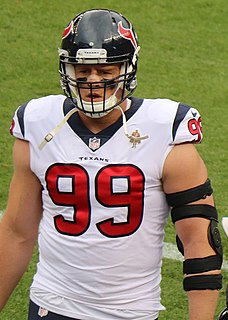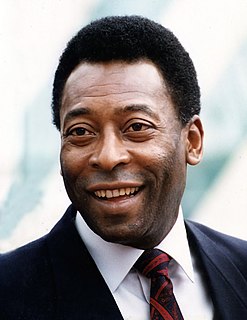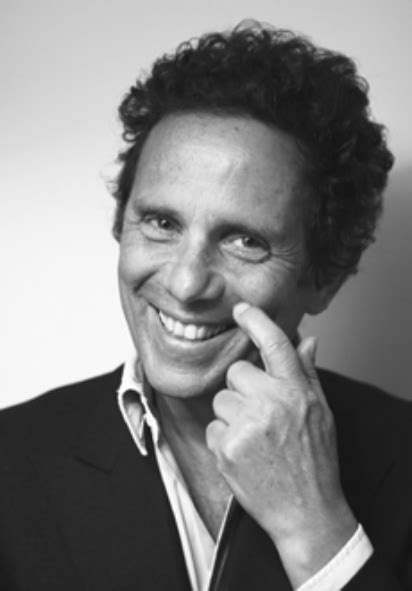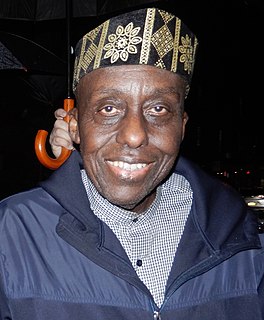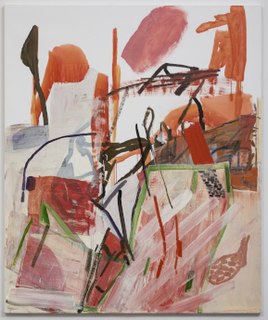A Quote by Frank Spotnitz
If my whole game depends on whether you can guess the ending or not, I'm done, forget it.
Related Quotes
I want to expand the question of when something is done. I want to vex the ending. I want to mess around with that. I like the idea that if you make a work that has no clear ending, then you must play with the ending. Because if you don't, you're not highlighting the weird, lovely openness of abstraction.




